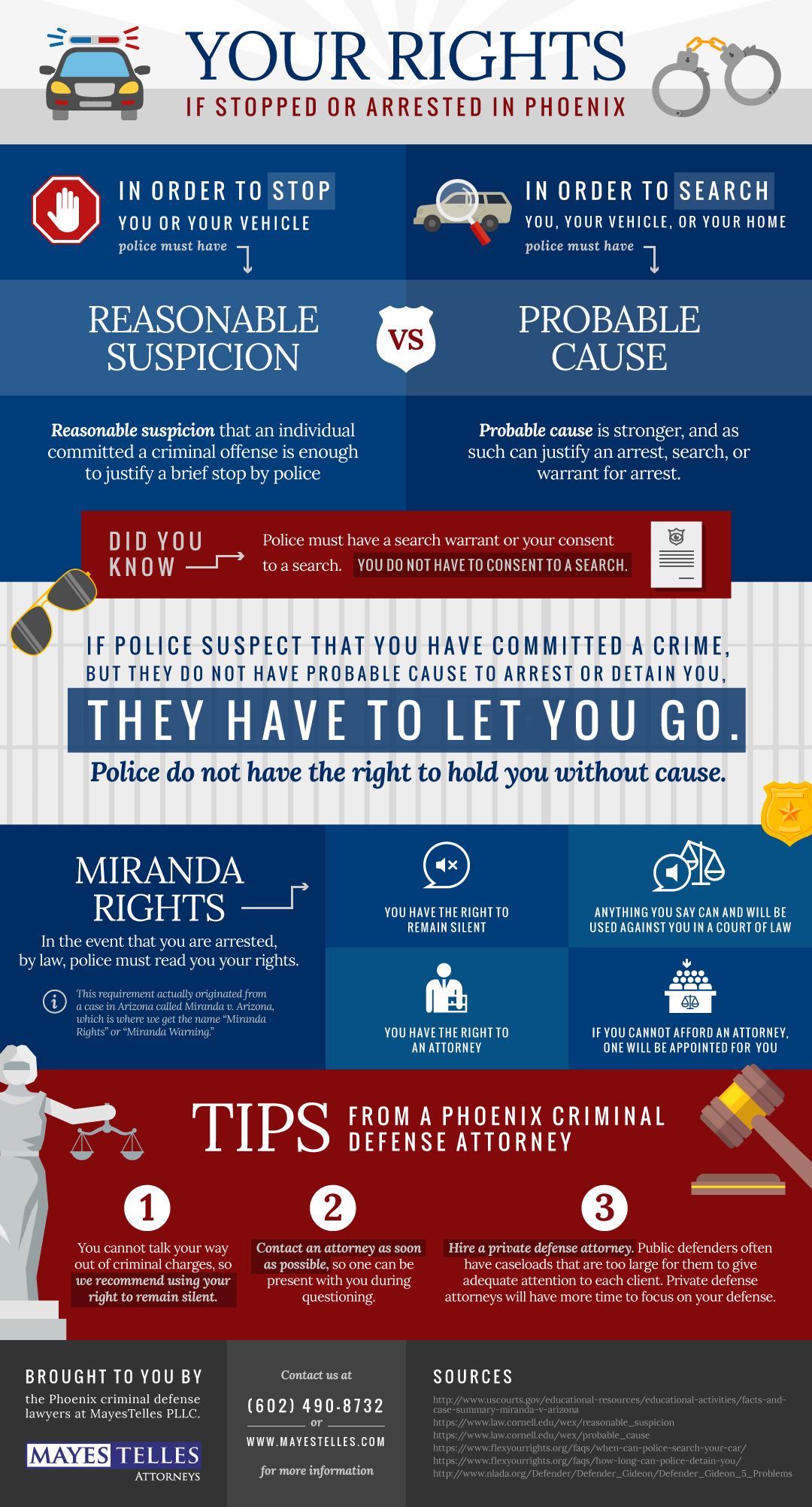An In-Depth Overview To The Criminal Test: Step-By-Step Insights Into The Process
An In-Depth Overview To The Criminal Test: Step-By-Step Insights Into The Process
Blog Article
Write-Up Composed By-Hunt Carter
When you enter a criminal trial, you might be surprised by the organized process that unravels. It all begins with court option, where potential jurors are looked at for prejudices via an approach called "voir dire." After that, both sides offer their opening declarations, setting the stage for the evidence and statements to comply with. You'll see exactly how the prosecution and protection develop their situations, but what takes place next can significantly affect the result. Recognizing these stages can expose the complexities of justice, however there's more to discover regarding the critical moments that adhere to.
Court Option Refine
When it pertains to the jury choice procedure, you're diving right into a critical stage of a criminal trial. https://www.politico.com/news/2022/02/04/call-email-records-bannon-attorney-00005981 , commonly called "voir dire," entails questioning prospective jurors to guarantee they're objective and capable of delivering a reasonable verdict.
You'll see both the prosecution and defense attorneys getting involved actively, each aiming to pick jurors who align with their situation's narrative.
During voir dire, you'll see that lawyers ask questions regarding jurors' histories, beliefs, and experiences. Their objective is to recognize any pre-existing biases that could affect a juror's decision. As a juror, you may really feel a mix of nervousness and interest, but your sincerity is vital.
After questioning, lawyers can challenge details jurors for cause if they believe a juror can't continue to be neutral. They can also use a restricted variety of peremptory challenges to disregard jurors without stating a reason.
Test Phases Explained
The stages of a criminal test play an important duty in guaranteeing a reasonable and organized process.
You'll first encounter the opening statements, where both the prosecution and protection outline their cases. This establishes the stage wherefore's ahead.
Next, the prosecution provides its evidence and witnesses, intending to confirm the defendant's guilt past a sensible question. You'll see straight evaluation complied with by cross-examination, allowing both sides to test the here and now information.
After the prosecution relaxes its case, it's the defense's turn. They'll offer their evidence and witnesses, commonly focusing on creating practical question. You'll notice that the protection doesn't have to verify virtue; they just require to test the prosecution's situation.
Once both sides have actually provided their disagreements, you'll hear closing declarations, where each event summarizes their situation. This is vital as it enhances their positions before the court deliberates.
Throughout these stages, the court makes certain that the trial adheres to legal requirements which the civil liberties of both celebrations are secured.
Comprehending these stages will certainly aid you value the complexities associated with a criminal trial and the importance of each step in the search of justice.
Judgment and Sentencing
Besides evidence has actually been presented and disagreements made, the jury or judge delivers a verdict, establishing the accused's shame or innocence. If you're part of the jury, you'll deliberate with your fellow jurors, reviewing the evidence and your perceptions. This process can require time, as you'll want to make sure everyone agrees on the decision based upon the facts.
When a decision is gotten to, it's announced in court. If the defendant is found guilty, the next stage is sentencing. This is when the judge makes a decision the appropriate penalty. You may see that different variables affect the sentence, such as the extent of the criminal offense, the defendant's previous document, and any mitigating situations.
The judge may enforce a range of sentences, from fines and social work to imprisonment. Occasionally, the defense or prosecution can provide debates relating to sentencing, trying to guide the judge's decision.
If the accused is found not guilty, they're acquitted, and no penalty complies with. Remember that a guilty decision can typically result in appeals, where the offender might challenge the verdict or the sentence imposed.
Conclusion
In a criminal trial, you've seen exactly how essential each step is, from court selection to the last judgment. mouse click the next internet page have actually complied with the prosecution and defense as they build their cases, aiming to persuade the jury. As soon as consideration concludes, the verdict identifies the outcome, and if the offender is found guilty, the sentencing stage begins. Comprehending these processes aids you value the complexities of the justice system and the relevance of each duty in making sure a fair trial.
